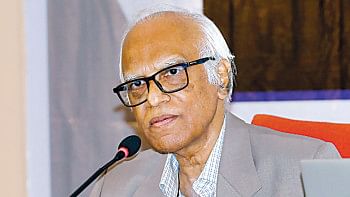Launch of new global estimates on levels of physical activity in adults

New data published in The Lancet Global Health show that more than one in four adults globally (28% or 1.4 billion people) are physically inactive. However, this can be as high as one in three adults inactive in some counties.
The paper, authored by four World Health Organisation experts, reports data that update 2008 estimates on levels of activity.
Women were less active than men, with an over 8% difference at the global level (32% men vs 23%, women). High income countries are more inactive (37%) compared with middle income (26%) and low income countries (16%).
The new Global Action Plan on Physical Activity sets the target to reduce physical inactivity by 10% by 2025 and 15% by 2030.
Regular physical inactivity increases peoples risk of poor health, including cardiovascular disease, several types of cancer and diabetes, falls, as well as mental health conditions. Publication of levels of participation in children and young people are forthcoming.


 For all latest news, follow The Daily Star's Google News channel.
For all latest news, follow The Daily Star's Google News channel. 



Comments